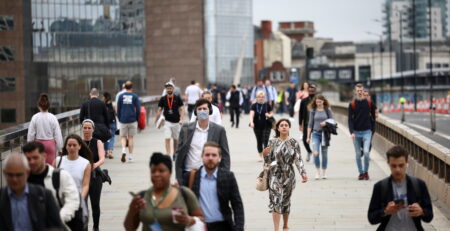Protecting financial consumers during the COVID-19 crisis
Financial regulators around the world are struggling to deal with the impact of the COVID-19 pandemic. As consumers’ financial circumstances deteriorate as a result of the crisis, it is crucial to ensure that financial institutions treat consumers fairly and bad behavior does not add to consumer suffering.
International media and organizations have highlighted concerns, such as consumer over-indebtedness increasing quickly due to the crisis and fraudsters exploiting fears over the pandemic to target financial consumers. Regulators are recognizing the heightened risk of significant consumer harms, and many are implementing rapid measures to mitigate these harms.
Dealing with the immediate impacts of the crisis has been a major task for regulators, especially in developing countries, due to the limited resources and gaps in legal and supervisory frameworks. In this blog, we provide practical suggestions for regulators in such countries seeking to prioritize immediate actions that have the most beneficial impact for consumers.
The COVID-19 crisis can inflict immediate harms on financial consumers in several ways, such as through:
- Increased fraud and scams: The crisis has provided fertile ground for fraud and scams, including those related to financial products and services—particularly in a digital context. They range from third parties seeking to gain unauthorized access to individuals’ accounts to entities offering fraudulent or exploitative products, such as insurance or investment products of limited or no use. Desperate consumers are even more vulnerable to such scams than in normal times.
- Credit products:
- Unexpected loss of income can result in individuals becoming unable to make loan repayments, exposing them to aggressive debt collection practices and late payment or default fees.
- Individuals may be forced to seek fast access to credit to meet immediate living expenses, including digital credit. This may expose consumers to less scrupulous credit providers, unfavorable terms and conditions, and increasing over-indebtedness.
- Many countries are providing social protection payments to assist with the widespread negative impacts of the crisis on consumers’ livelihoods. However, such funds may never reach their intended recipients if they are seized first by financial institutions or debt collectors to satisfy debt obligations.
Read more @World Bank











